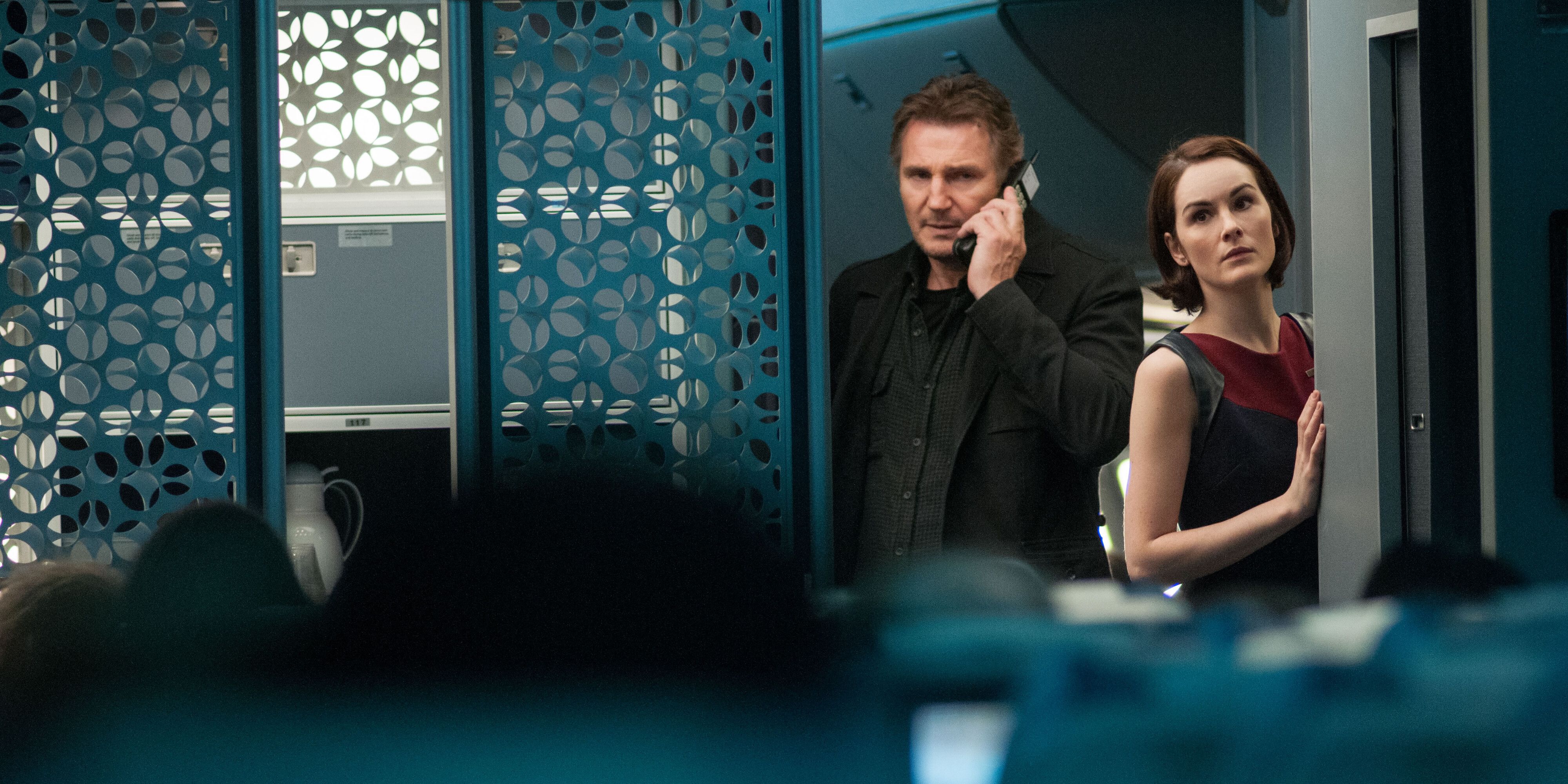Aleppo – Civil and economic activities held the first investment conference in northern Syria entitled “Investment… Stability… Development and Prosperity” in the city of Al-Rai, north of Aleppo.
The conference was attended by the head of the Syrian interim opposition government, Abdul Rahman Mustafa, the CEO of the Syrian Forum, Ghassan Hitto, the executive director of the Omran Center, Ammar Qahf, and Maysaa Qabbani, vice president of the Syrian-American organization Global Justice, in addition to the Turkish governor of Kilis and others.
The Minister of Economy in the Syrian opposition government, Abdul Hakim Al-Masry, said that the investment conference was held in the presence of businessmen from Turkey, the United States, and Western countries, most of whom hold Syrian citizenship.
He added, in an interview with Al Jazeera Net, that investors have an intention to establish new investment projects in the region, and they want to know the investment reality with the aim of improving it, especially since the region has infrastructure and industrial zones capable of attracting them.
Al-Masry explained that they have approximately 30 research papers and working papers on success stories in the region, stressing that there are outputs that will be transferred to those concerned to solve obstacles and give confidence to investors.
According to its organizers, the conference aims to create an attractive investment environment, evaluate and analyze the reality of investment in northern Syria, determine its requirements, and create business incubators to develop small projects and enhance the entrepreneurial spirit of youth.
It also works to strengthen strategic partnerships at the local and international levels in the investment sector, and develop a road map for investment from a sustainable development perspective.
Cooperation with Türkiye
In turn, Maysaa Qabbani, Vice President of Global Justice, told Al Jazeera Net, “We are determined to invest in Syria’s resources that were stolen from the regime, and we are able to show the West our ability to invest and overcome obstacles in our liberated areas.”
She added, “Countries are not charities, but rather they have interests, and we must work to achieve the interests of Syria and Turkey together, and we the people must learn how to rise economically.”
She continued, “We spoke with the Turkish Foreign Ministry about the common interest between the two countries, and that the Syrians will return voluntarily to their country when the liberated Syrian areas are developed, and when the Syrians have a decent life and job opportunities.”
She continued, “If we do not have a strong government, we will not have a strong economy,” expressing her optimism after visiting areas outside the regime’s control and after seeing Syrian products at the exhibition.
Qabbani referred to the initiative recently launched by Syrian and American political forces, entitled “The project to unify Syria through the West German scenario” by improving the economic situation in northern Syria.
Investment obstacles
There are many obstacles facing investment in the regions of northern Syria, most notably the lack of a unified state, and the sharing of control and influence between 4 parties: the Syrian regime, the Syrian Democratic Forces, the Syrian Interim Government, and the Salvation Government affiliated with Hay’at Tahrir al-Sham.
Regarding the reality of establishing projects in northern Syria, Abdel Azim Al-Mughrabel, an economic research assistant at the Jusoor Center for Studies, believes that the Syrian interim government must strengthen its role in providing the necessary ground for projects, including security, infrastructure, customs facilities, and the provision of raw materials, in addition to financial guarantees and insurance.
Al-Mughrabel added to Al-Jazeera Net that providing the basics required for investors and integrating efforts with the Turkish side can help establish an acceptable number of projects even if there is no real state in the region, and this is demonstrated by the presence of international investors from various countries who see a glimmer of hope in the possibility of establishing something like this. These projects.
The researcher stressed the need to ensure safety, issue legislation to protect investors, activate insurance institutions to protect property, work to provide the necessary assistance, facilitate the export process, and facilitate the issuance of certificates of origin.
The investment conference comes in light of the economic collapse witnessed in the regions of northwestern Syria, coinciding with the rise in prices to record levels, the inability of civilians to secure their daily needs within the minimum, and the decline in purchasing power.
According to the “Syria Response Coordinators” team, most families in the region in general, and displaced people in the camps in particular, have become unable to secure basic necessities, most notably nutrition and heating materials.
It is noteworthy that the recognized poverty in northern Syria amounts to 9.3 Turkish liras (one dollar equals about 29 Turkish liras), and the limit of extreme poverty is about 7 Turkish liras per day.
For his part, economic expert Osama Al-Kamel believes that investment projects in the north require complete security, and this matter requires international understandings because there is nothing preventing Russia, Iran, or the Syrian regime from bombing areas controlled by the Syrian opposition at any time, which threatens the sustainability of these projects. .
He added, in an interview with Al Jazeera Net, that export and the existence of a market for selling products are among the basic pillars in building investment projects, especially since northern Syria is surrounded by areas controlled by different parties.
He pointed out that the northern Aleppo countryside market cannot handle a large quantity of projects for sale unless the goods of these projects are shipped via Turkey to countries around the world.





